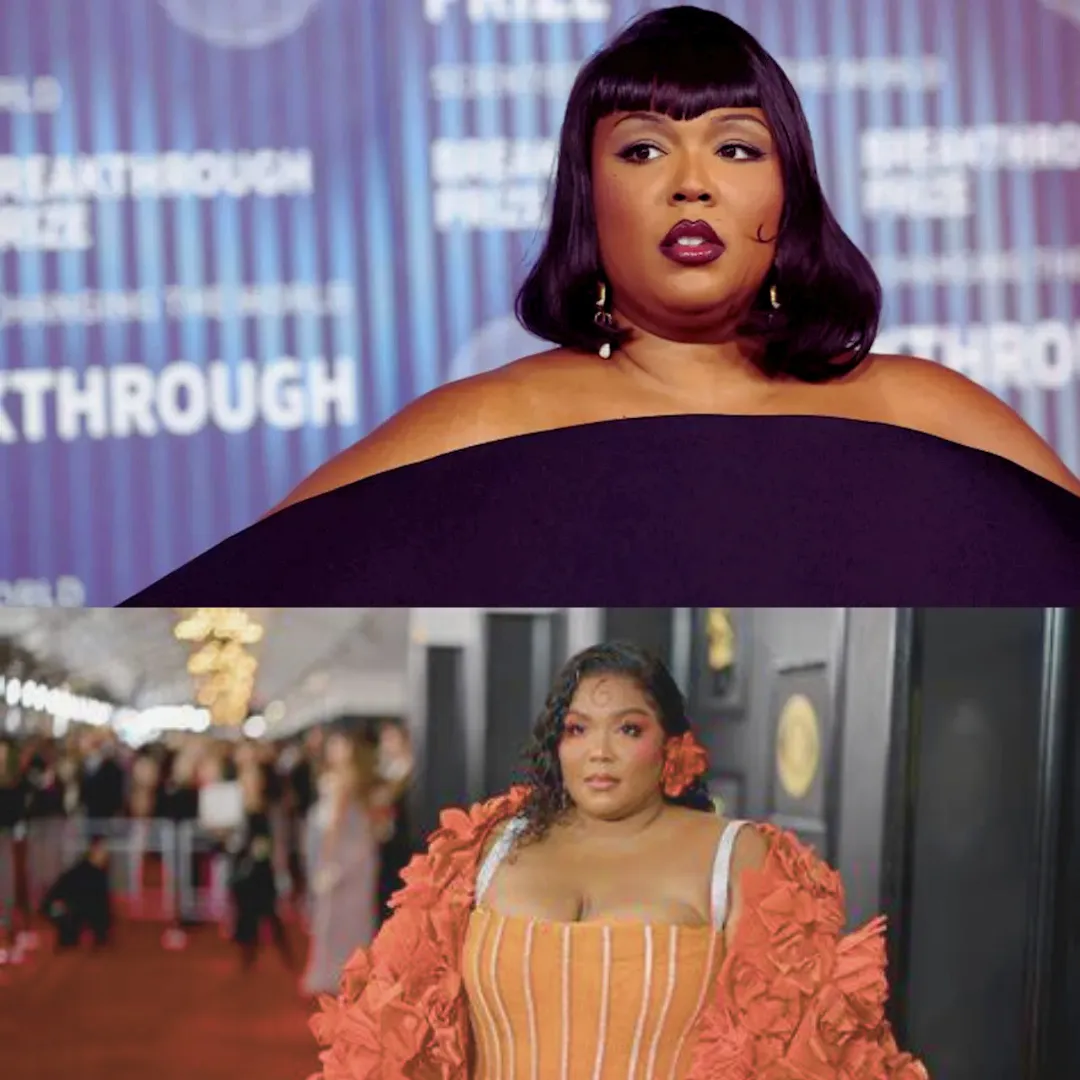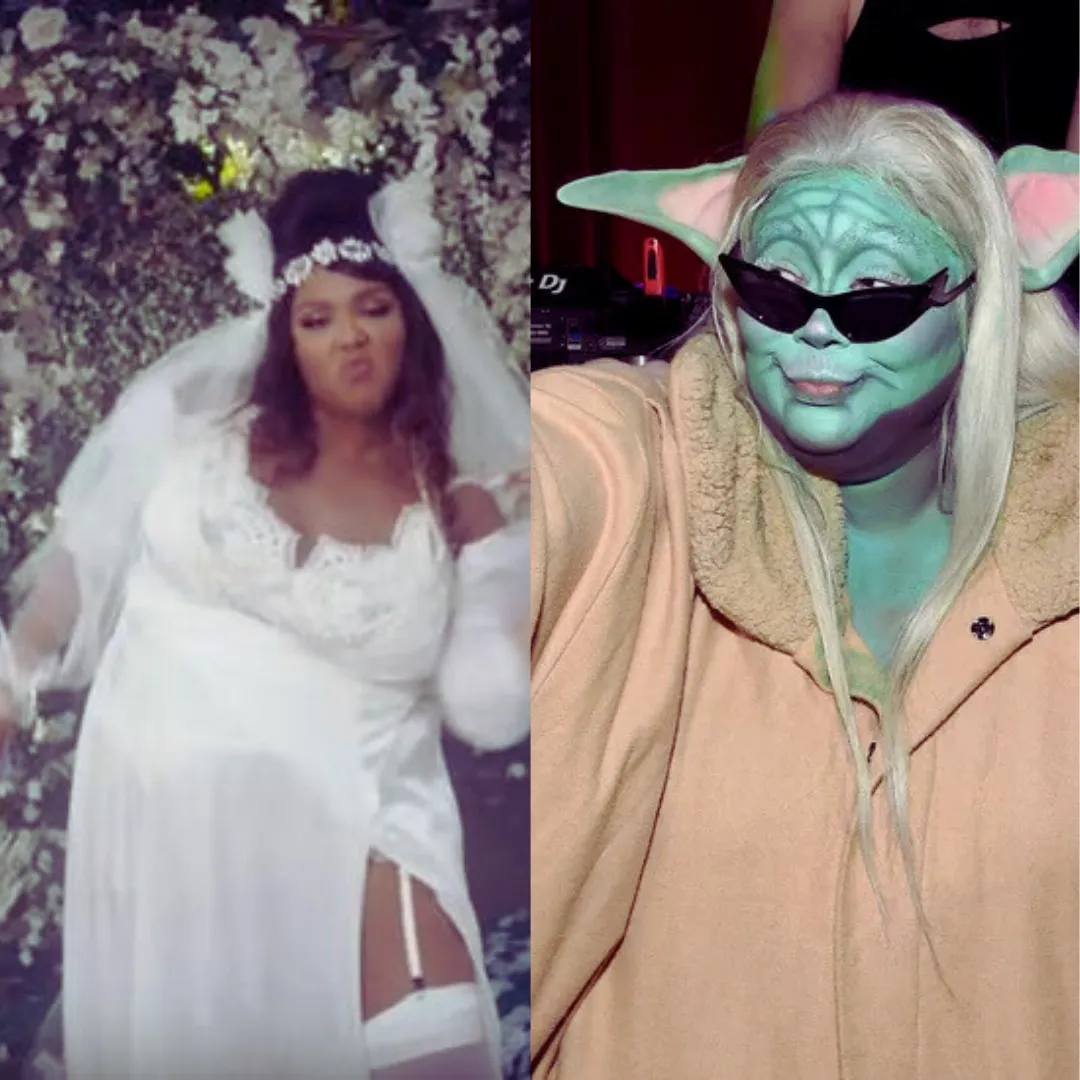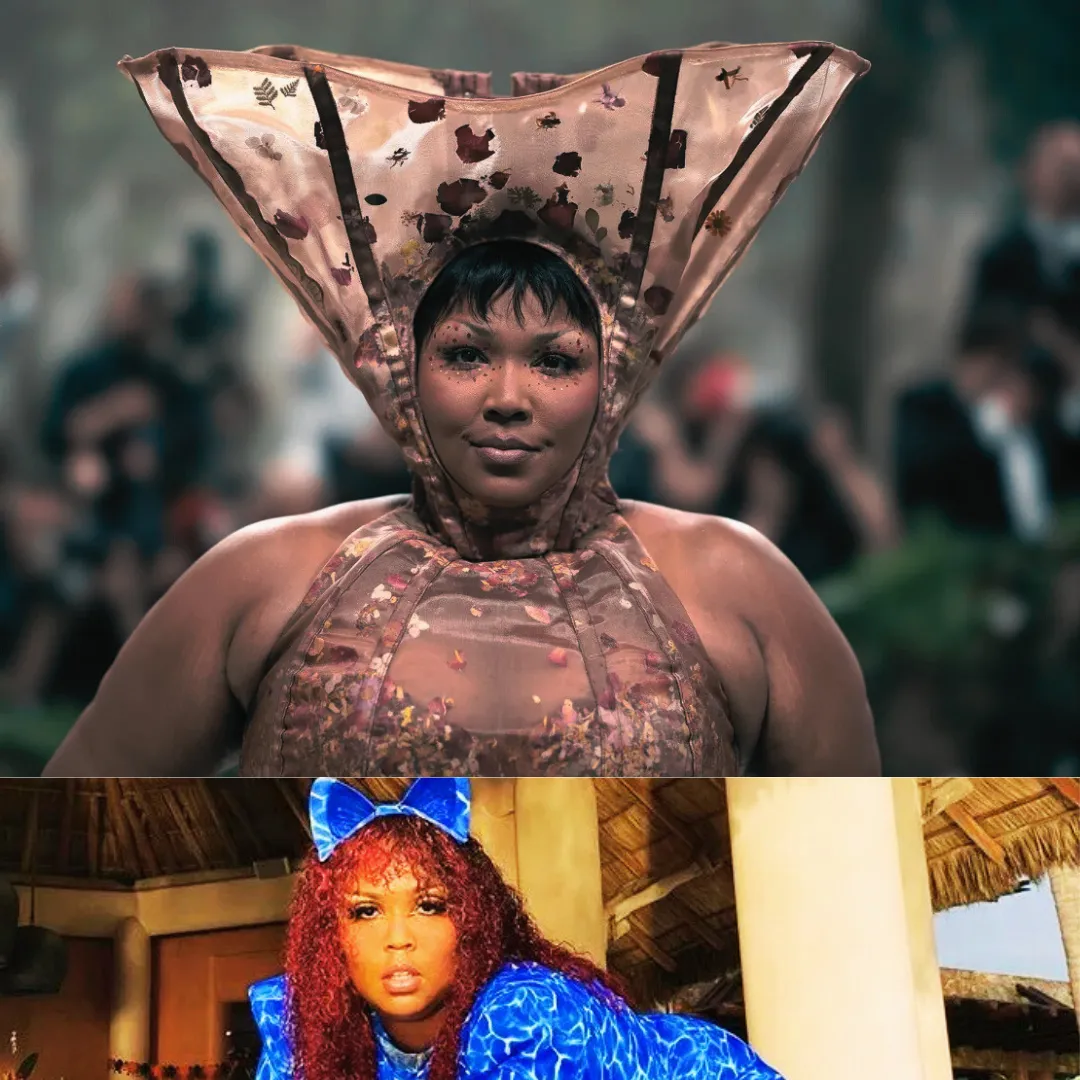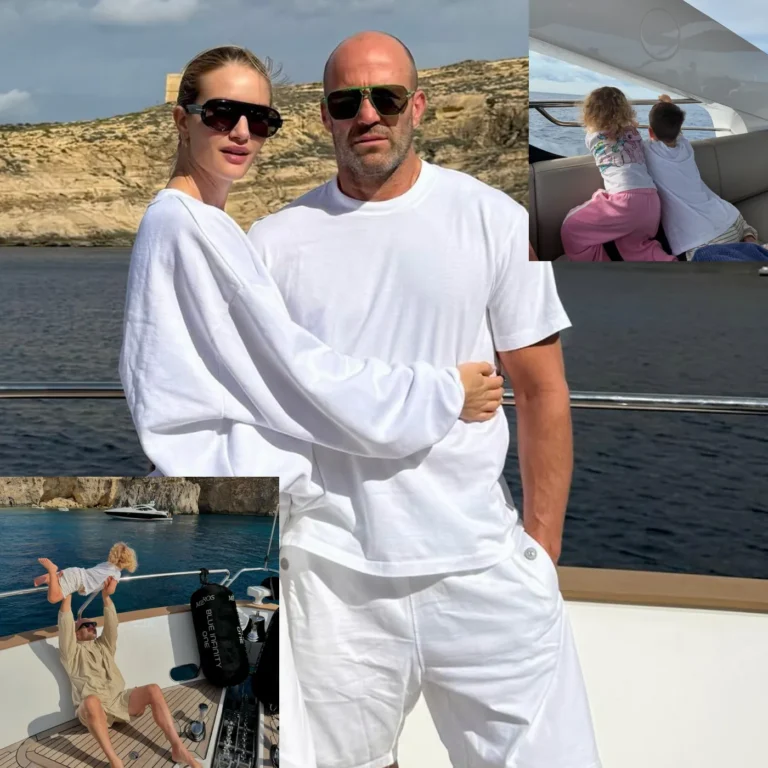
Lizzo was visibly shocked when the animated series South Park referenced her in an episode that satirizes the rising popularity of weight-loss medications, such as Ozempic and Mounjaro. The episode, titled “South Park: The End of Obesity,” features a scene in which characters Sharon and Sheila discuss the benefits of new weight-management drugs. Sharon expresses excitement over her new medication, noting that while her insurance only covers weight-loss drugs for diabetic patients, there is now an “obesity drug” available for those who cannot afford the pricier options like Ozempic and Mounjaro.
During her live reaction video posted on Instagram and TikTok, Lizzo covered her mouth in disbelief as she watched Sharon reveal that she controls her “cravings to be thinner” with a fictional drug named after her. The scene then shifts to a satirical commercial for “Lizzo,” a drug purportedly designed to help users feel good about their weight while being significantly cheaper than Ozempic. The narrator of this mock advertisement claims that “70% of patients on Lizzo no longer cared how much they weighed.” The commercial humorously suggests that the drug allows individuals to eat whatever they want while minimizing physical activity, ending with the tagline, “Ask about the power of not giving a f**k, with Lizzo,” alongside a list of humorous side effects.

In her reaction, Lizzo expressed her astonishment, stating, “That’s crazy, I just feel like damn, I’m really that b*h.” She emphasized her influence on body positivity and self-acceptance, asserting, “I really showed the world how to love yourself and not give a fk, to the point where these men in Colorado know who the f**k I am and put it on their cartoon that’s been around for 25 years.” This comment highlights her awareness of the cultural impact she has made, particularly in relation to body image and self-love, which is significant given the history of South Park creators Trey Parker and Matt Stone, who met at the University of Colorado Boulder.
Lizzo has consistently been an advocate for body positivity, using her platform to challenge societal standards of beauty and to promote self-acceptance. However, her journey has not been without controversy. In August, three of her former dancers filed a lawsuit alleging they experienced a hostile work environment and harassment while part of Lizzo’s dance team. One plaintiff even claimed to have been questioned about her weight gain during her employment. In response to these serious allegations, Lizzo released a statement denying any wrongdoing, asserting, “I am not the villain that people in the media have portrayed me to be these last few days.”

She further elaborated on her passion for her craft, stating, “As an artist, I have always been very passionate about what I do. I take my music and my performances seriously because at the end of the day, I only want to put out the best art that represents me and my fans.” This response underlines Lizzo’s commitment to her artistry and her dedication to the messages of empowerment and positivity that she promotes through her work.
Ultimately, Lizzo’s reaction to the South Park episode and the surrounding controversies underscore her influence as a cultural figure who not only navigates the complexities of fame but also advocates for a more inclusive dialogue around body image and self-worth. Her journey reflects both the challenges and triumphs faced by those who challenge societal norms, making her a significant voice in contemporary discussions about body positivity and acceptance.



